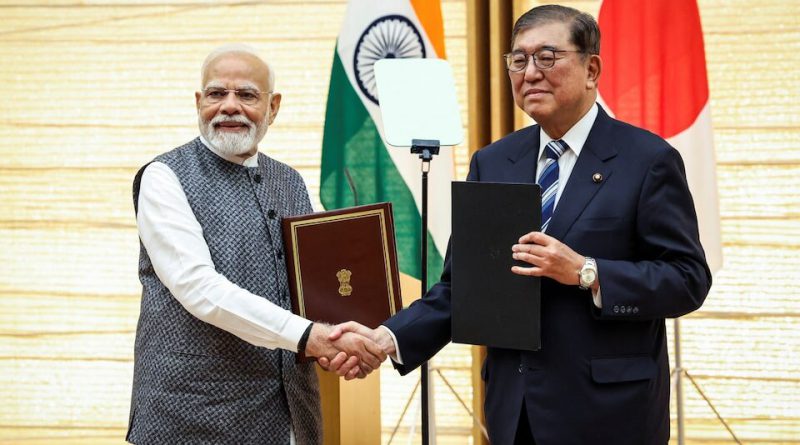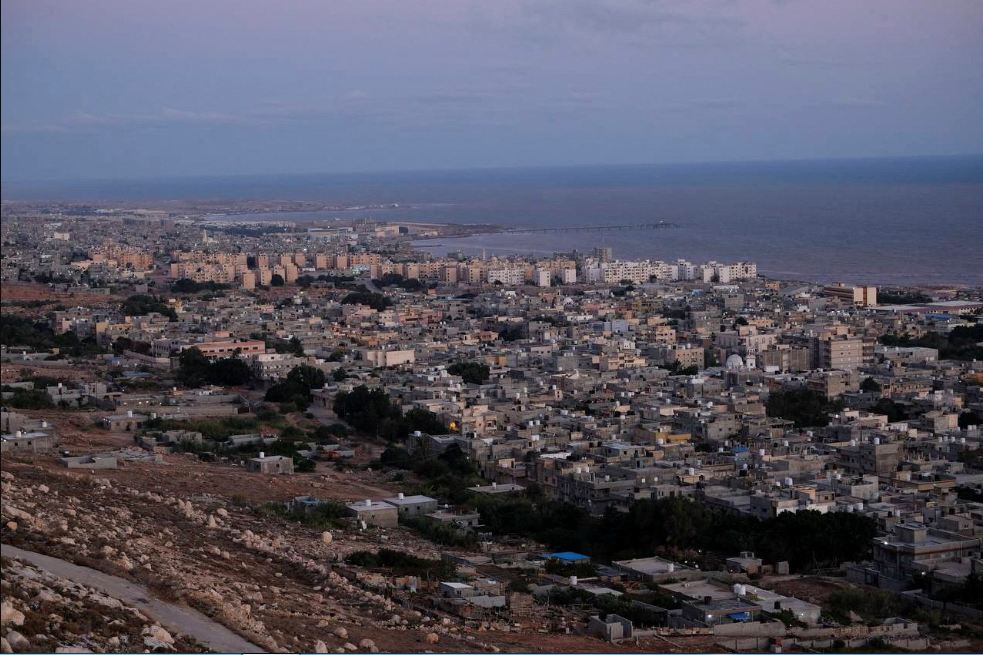India and Japan Deepen Strategic Partnership for a Stronger Asia
A new wave of cooperation between India and Japan signals shared progress, stronger ties, and a united vision for peace, prosperity, and stability in Asia.
In an era of shifting global dynamics, the relationship between India and Japan has emerged as a cornerstone of regional cooperation and development. The latest high-level dialogues between the two nations underscore a shared commitment not only to economic collaboration but also to strengthening cultural bonds, security partnerships, and sustainability efforts.
The renewed engagement highlights India and Japan’s common vision of building a resilient and peaceful Asia. Both countries, rooted in democratic values and historical ties, are working together to shape a future where prosperity is inclusive and opportunities are shared across the region.
Economically, India and Japan are focusing on trade expansion, infrastructure development, and technological innovation. With India being one of the fastest-growing economies and Japan being a global leader in advanced technology and investment, the partnership stands as a symbol of balance between growth and stability. Japan’s active participation in India’s infrastructure and renewable energy projects not only boosts India’s development but also reflects a shared commitment to sustainable progress.
Strategically, both countries have reaffirmed their dedication to ensuring peace and security in the Indo-Pacific region. By strengthening maritime cooperation and promoting open sea lanes, India and Japan are working hand-in-hand to preserve freedom of navigation and safeguard international trade routes. This collaboration sends a strong message of unity and stability at a time when regional tensions continue to surface.
Beyond security and economics, cultural exchange is playing an equally significant role in enhancing bilateral ties. From language programs and student exchanges to tourism initiatives, the people-to-people connections between India and Japan are deepening every year. This cultural dimension enriches mutual understanding and strengthens bonds that go beyond policies and treaties.
What makes this partnership especially noteworthy is its balance of pragmatism and optimism. Both nations recognize the challenges posed by global uncertainties — whether economic volatility, supply chain disruptions, or geopolitical strains — yet they are choosing to confront them not in isolation but through cooperation. This spirit of partnership makes the India-Japan relationship a model of resilience and shared strength.
Leaders from both sides have emphasized that their collaboration is not aimed at rivalry but at building a framework for peace and development. The focus on innovation, investment, sustainability, and cultural growth reflects a broader vision: to ensure that Asia remains a region of opportunities and not of conflict. By working closely on issues such as climate change, digital transformation, and regional connectivity, India and Japan are setting an example of how two democracies can shape the global narrative in constructive ways.
Looking ahead, the future of the India-Japan partnership appears brighter than ever. Their joint efforts in technology, defense cooperation, sustainable growth, and cultural diplomacy hold the promise of a stronger Asia that is equipped to face challenges and seize opportunities. This is not just a bilateral story but a global one — because when India and Japan grow together, the ripple effects are felt far beyond Asia.
The partnership is a testament to the fact that international relations can be built on trust, shared values, and mutual respect. It reflects the belief that progress is best achieved not through competition but through collaboration, not through division but through unity.
India and Japan’s journey forward will continue to inspire the region and the world. Their partnership is not only about economic numbers or defense pacts; it is about creating a vision of Asia that thrives on peace, inclusivity, and resilience. As both nations walk this path hand-in-hand, they reaffirm that the future belongs to those who believe in cooperation over confrontation.



